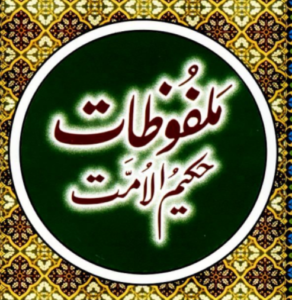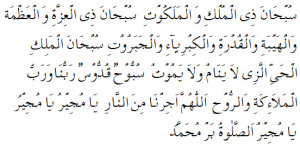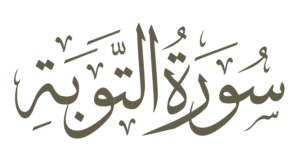What must one do if troubled by disturbing thoughts in salaah?

This is like the situation where you wish to visit a friend who has invited you. However, his dog is obstructing the path and is barking at you. Now, there is one of three methods that you may adopt in this situation:
(1) To turn away. If you will turn away the dog will continue barking resulting in other dogs also barking. There is also the possibility that whilst running away you might trip and fall resulting in another disaster. Nevertheless, in this instance you would have distanced yourself from your friend.
Equality between two spouses

Malfuz #168 In an answer one scholar's question Ml. Ashraf Ali Thanvi rahimahullah replied, "Yes indeed, there is great joy in two marriages, however, this joy is like the paradise which requires one to cross a fine bridge (siaat). When I did my second marriage, then people from family of my first marriage started saying …
Sunnah Salah while Dhuhr Jama’ah or Friday Khutbah commences

At the outset, if the time for congregational dhuhr salah or khutba for Jumuah has drawn closer, then one should not start his sunnah salah. This will depend on one’s discretion such that if he were to start the sunnah salah, one is considerably sure that he will not be able to complete these sunnans in time. In such cases, he should delay them until after the congregation.
However, if one has begun performing the Sunnah salah, and while one is praying, the congregation stands or the Imam ascends for the khutba (the arabic one and not the pre-hkutba talk), then the following detail should be kept in mind.
Pornography and Masturbation

In this era of high-tech progression, accessing data and retrieving information has become far easier than before. Numerous inventions have taken place in the last few decades which have served positively for the comfort of people. Islām permits the utilisation of such inventions within the confines of Sharī’ah, and prohibits the usage of that which …
Tasbīh al-Tarāwīh – Du’a/Tasbeeh after 4 rakat taraweeh

Traditionally, in each tarwīhah, the mustahabb break between each set of four rak’ahs of the Tarāwīh (Taraweeh) prayer, the Muslims of different regions, especially in Makkah and Madīnah, observed different acts of worship. The Muslims in Makkah used to make tawāf of the Ka’bah during each tarwīhah, whereas those in Madīnah, unable to make tawāf, would pray an additional four rak’ahs instead.
Forty scholar council of Imam Abu Hanifah rahimahullah

The council of Imam Abu Hanifah who documented the books (i.e. legal issues) were forty personalities. The leading ten among them were: Abu Yusuf, Zufar ibn Hudhayl, Dawud al-Ta’i, Asad ibn ‘Amr, Yusuf ibn Khalid al-Samti, and Yahya ibn Zakariyya ibn Abi Za’idah. He (Yahya ibn Zakariyya) was their scribe for thirty years.
